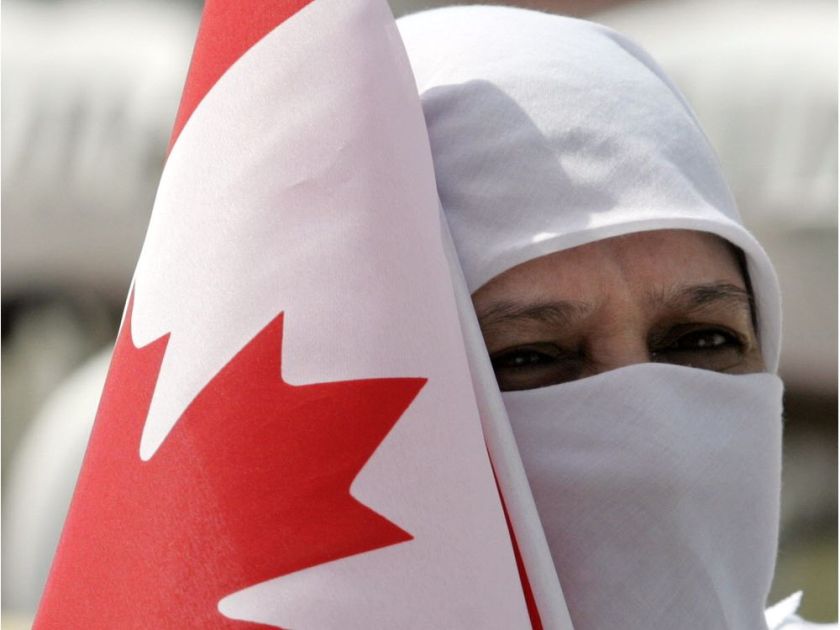As battle lines are drawn over the Coalition Avenir Quebec’s promised ban on public servants wearing religious garments or articles at work, it’s instructive to separate generalities from specifics.
When Quebecers are asked general questions such as “do you support a ban” on public employees in positions of authority wearing religious symbols at work, two-thirds say yes. But when asked specifically which symbols would be unacceptable for said public employees at work, it appears what they’re really saying is they support a ban on non-Judeo-Christian symbols.
This is a key distinction, because some observers take this majority support on the general question as a sign the province – and the rest of the country – is becoming more secular. Indeed, Quebec Premier François Legault himself wraps his plans in words such as “secularism” and “neutrality.” Public sentiment, however, is anything but “neutral.”
While most Quebec residents support the provincial government’s proposal overall, our polling data also show that majorities believe public employees should be allowed to wear a crucifix or a Star of David on the job (73 per cent and 68 per cent, respectively). Indeed, polling further indicates Quebecers are nearly twice as likely to want to see the crucifix in Quebec’s National Assembly stay put as to see it removed.
Quebecers aren’t alone in this thinking. Majorities in all other provinces are also more amenable to the display of Judeo-Christian symbols in the workplace. But where the province differs from the rest of the country is that while more than half say “non” to public servants wearing the Muslim hijab (57 per cent) and the Sikh turban (55 per cent), majorities in the rest of the country (between 70 and 80 per cent, depending on the province) have little issue with it.
Quebecers are nearly twice as likely to want to see the crucifix in Quebec’s National Assembly stay put as to see it removed.
These general opinion trends aren’t new. But Legault now represents the fourth premier (the CAQ the third governing political party) to try such a moratorium. Beyond legal challenges, there’s a reason his predecessors, while never explicitly abandoning the idea, also never quite got around to making it happen.
In a province where Catholic nuns have a centuries-old tradition in health care, is any political party in Quebec willing to apply its own ban evenly and tell them they can no longer provide comfort to hospital patients while in habit? In a province where the first Jewish synagogue was established in the 1760s, will this government politically survive telling a public school teacher to remove his kippah?
Meanwhile, it’s not like the rest of the country is completely tolerant of minority religious symbols. If there is something that “unifies” people across Canada, it is opposition to and discomfort with three specific articles of faith identified with the Sikh and Muslim religions. Regardless of where people live, most don’t think the burqa and the niqab – worn by some Muslim women – or the kirpan, the ceremonial dagger worn by some Orthodox Sikhs, should be worn by public servants in their own provinces.
Many would use these general opinions towards a religious symbol ban as evidence Canada is becoming more hostile to religion. But in fact, more people are inclined to see the general role and contributions of religious and faith groups to Canadian society as good than bad. Instead, the sobering reality is this hostility is reserved for some garments and symbols associated with specific religions.
























